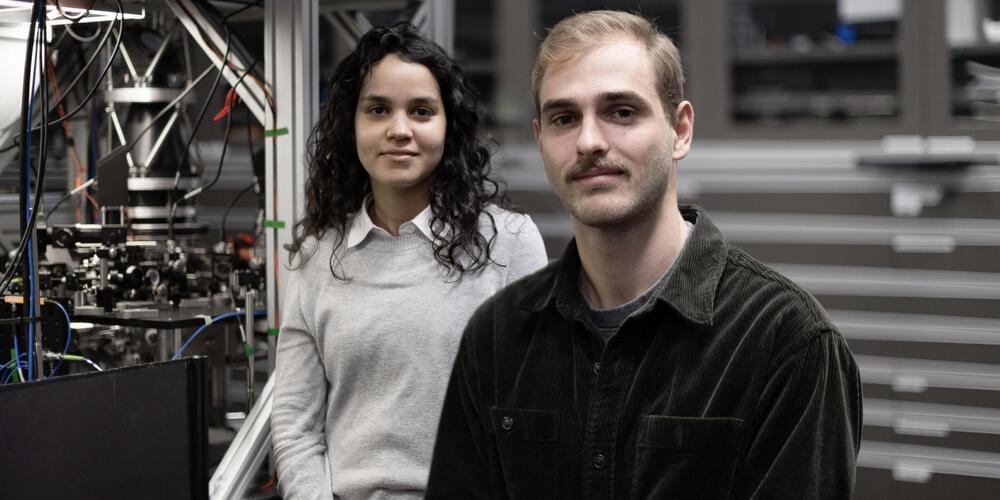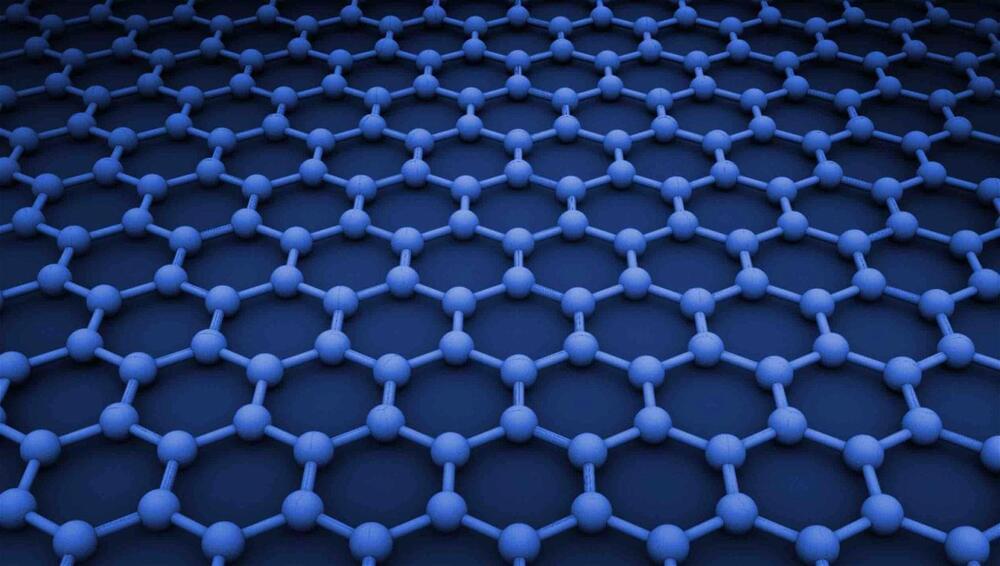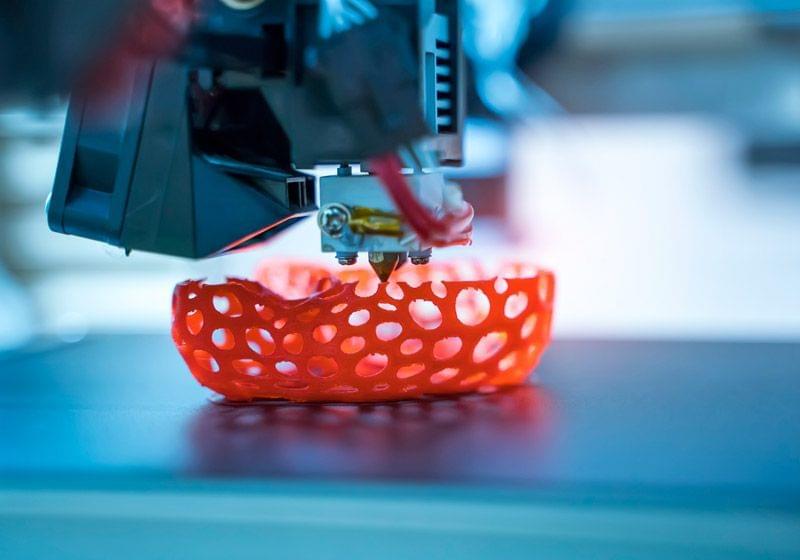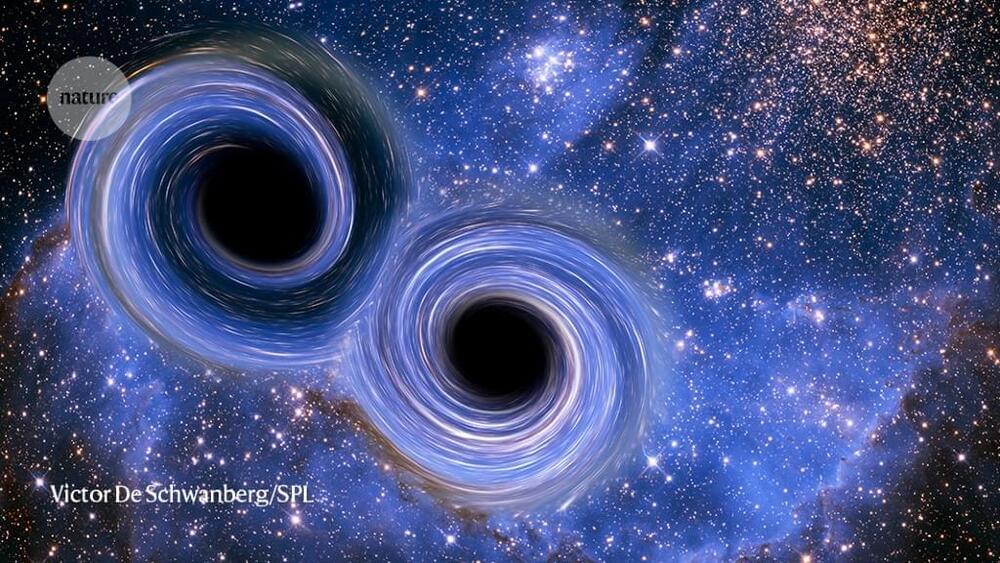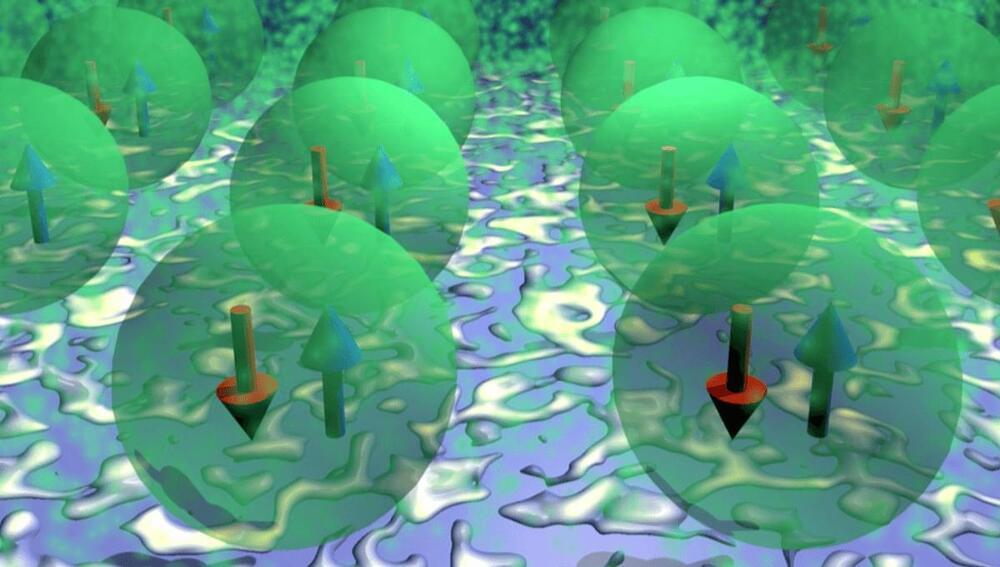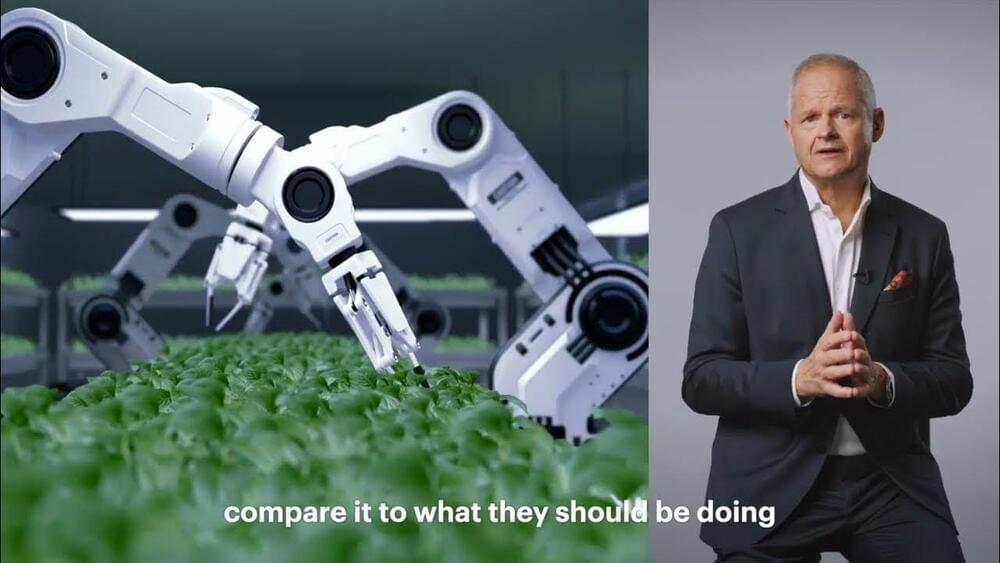Aug 28, 2023
Scientists use quantum device to slow down simulated chemical reaction 100 billion times
Posted by Paul Battista in categories: chemistry, computing, environmental, quantum physics, solar power
Scientists at the University of Sydney have, for the first time, used a quantum computer to engineer and directly observe a process critical in chemical reactions by slowing it down by a factor of 100 billion times.
Joint lead researcher and Ph.D. student, Vanessa Olaya Agudelo, said, It is by understanding these basic processes inside and between molecules that we can open up a new world of possibilities in materials science, drug design, or solar energy harvesting.
